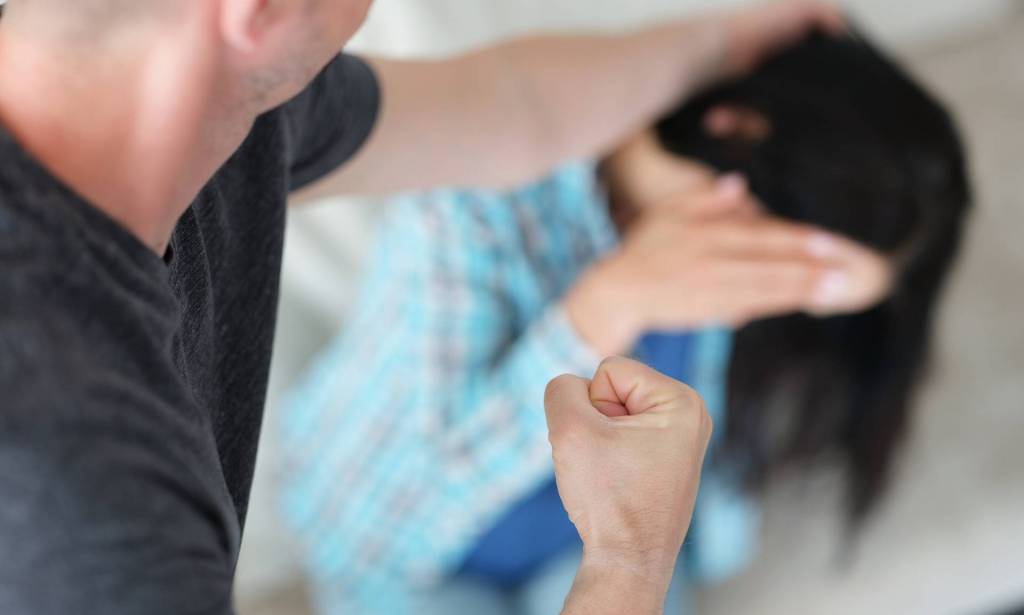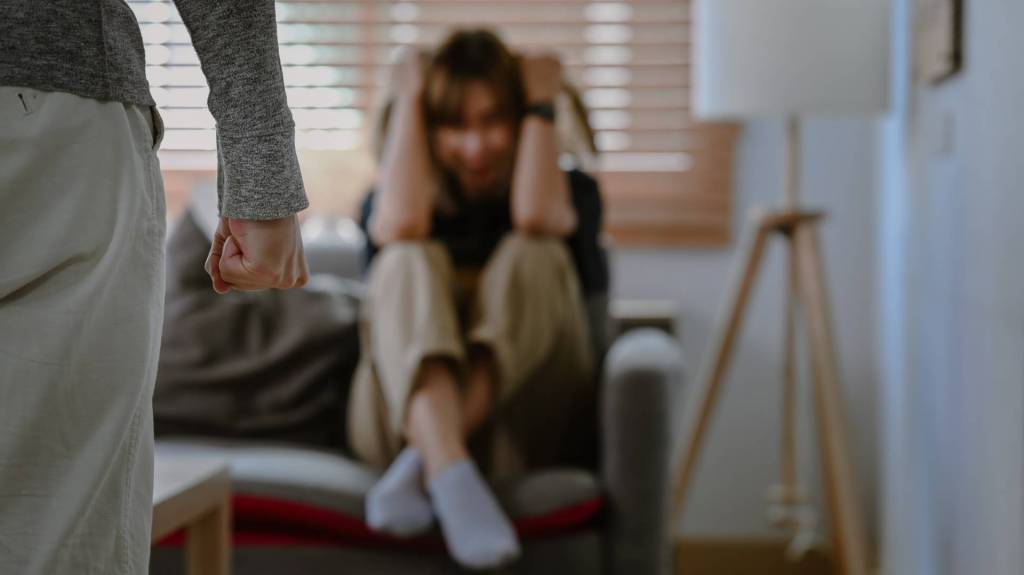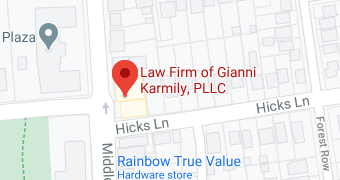If you are falsely accused of domestic violence on Long Island or in New York City, how can you show a court that the domestic violence claim is a fabrication? You should start by scheduling a consultation – as soon as you can – with a Nassau County domestic violence attorney.
Each year in the U.S., over 300,000 women and an increasing number of men visit emergency rooms or doctors’ offices for treatment after an incident of domestic abuse, and more than one thousand victims are killed in the U.S. every year in homicides related to domestic violence.
What constitutes domestic violence in New York? How is domestic violence handled, how are convicted offenders punished, and how long does it take for a domestic violence case to be dismissed in New York? If you continue reading this brief overview of false domestic abuse claims and a defendant’s rights, you may find the answers you need.
However, if you’ve been served a restraining order in New York, or you are the person who’s been falsely accused, and if you are being prosecuted for a domestic violence crime on Long Island or in New York City, you also need personalized legal advice, so you must contact a Nassau County domestic violence lawyer immediately.
What Constitutes Domestic Violence in New York?
New York domestic violence laws make no distinction between crimes of domestic violence and other crimes. For instance, the laws that address assault crimes make no distinction between assaulting a stranger and assaulting a member of your own household or family.
However, New York’s criminal courts and family courts both have jurisdiction when crimes like sexual abuse, assault, menacing, and stalking are allegedly committed against someone in the assailant’s household or family or when an alleged victim and perpetrator are:
- divorced or married
- relatives by marriage or blood
- the parents of one or more children
- or have been in an intimate relationship, regardless of whether such persons have lived together at any time
Penalties for a Domestic Violence Conviction in New York
In New York, a conviction for a crime of domestic violence may trigger harsh penalties, which include fines, probation, and a prison or jail term. A court may also order counseling, community service, and/or one of the two types of protection orders in New York. Along with these penalties, a domestic violence conviction affects your:
- employment and housing opportunities
- applications to attend certain colleges and universities
- loan applications and your right to public benefits
- right to carry, possess, own, or use a firearm
- right to obtain and hold a professional license
- rights as a parent (and the court’s custody order if you are divorced)
- immigration status (if you’re not a United States citizen)
Under federal law, anyone who is a convicted domestic violence offender – whether it was a felony or a misdemeanor assault conviction – automatically loses the right to possess, carry, own, or use a firearm. It’s a lifetime ban unless the convicted offender receives a full pardon.
How Common Are False Allegations of Domestic Violence in New York?
Every domestic violence claim must be taken seriously, but judges, criminal defense lawyers, and family law attorneys in this state have seen plenty of fabricated domestic violence allegations. Phony domestic violence accusations are probably more common than most people would imagine.
False domestic violence claims are made for all sorts of reasons. An ex-spouse, for instance, may make such a claim to gain an edge in a property dispute or a child custody battle. A bitter teen might concoct a false story about a stepparent. Some false claims are made for no apparent reason whatsoever.
In domestic violence cases, it may not be easy to distinguish the truth from the lies. Your attorney will fight for the truth, but a fake domestic violence allegation is like any other phony claim. At a trial, the “truth” may be decided by complete strangers – a panel of jurors.
How to Prove Your Innocence when Falsely Accused of Domestic Violence in New York
How can you prevail against a fabricated domestic violence claim? While it may be challenging to determine the truth in your case, the prosecution must prove “beyond a reasonable doubt” that you are guilty in order to convict you, and in a domestic violence trial, that also may be a challenge.
If you’re accused of a domestic violence crime on Long Island or in New York City, your defense attorney will protect your rights, explain how New York’s criminal laws will apply in your case, and develop a strategy to achieve the best outcome that’s possible.
If you have been falsely accused of a crime of domestic abuse, fight the charge. But whether you are innocent or guilty as charged, it’s imperative for you to be defended and advised by a Nassau County domestic violence attorney who will fight aggressively for justice on your behalf.
How Will Your Criminal Defense Lawyer Fight False Allegations of Domestic Violence?
If you’ve been falsely accused, your criminal defense attorney will seek to dismiss the charges. If the charges cannot be dismissed or reduced, your lawyer will take the case to trial, tell a jury exactly what happened, cast doubt on the evidence against you, and ask that jury to find you not guilty.
An astute New York defense attorney will, in many cases, successfully counter a fabricated domestic violence accusation. In other cases, however, your defense lawyer may recommend using another tactic – claiming self-defense under New York self-defense law, for example – as your best defense strategy.
Criminal Defense For False Domestic Violence Charges in Nassau County, Long Island
If you are charged with a domestic violence offense and the case is pending, do not confront your accuser. Your attorney will do all of the talking with the other side. Don’t post anything about the case online. Whatever you post could be misinterpreted and used against you.
While your case is pending, the court may issue a protection order that bars you from your home or even prevents you from seeing your children. While adhering to its conditions and terms, discuss that protection order – and what you can do about it legally – with your criminal defense lawyer.
What you have been reading is only a short introduction to crimes of domestic violence – and fabricated domestic violence allegations – in the State of New York. But if you’re a defendant in a domestic violence case, you must speak personally with a domestic violence attorney.
This can’t be emphasized enough, as your future and freedom may hang in the balance: If you are accused of a crime of domestic violence on Long Island or in New York City, arrange to discuss your case with a Nassau County domestic violence lawyer as quickly as possible.












